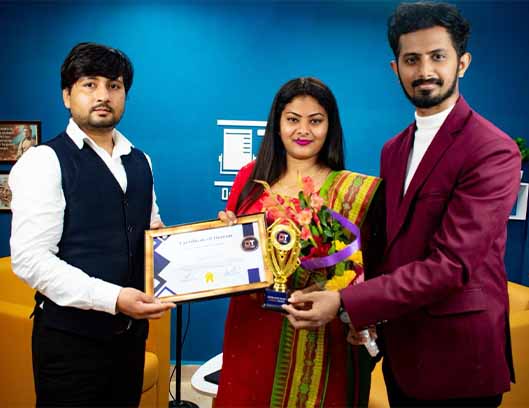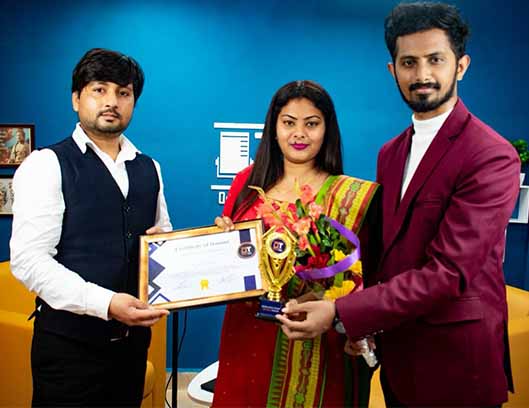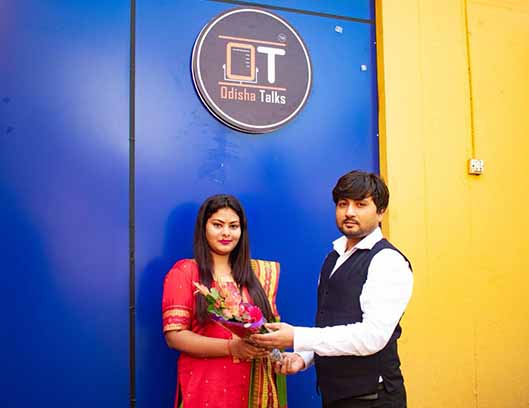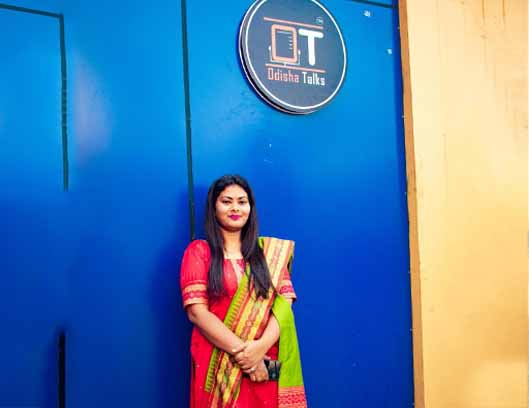As a young girl, Payal was deeply troubled by the health and hygiene challenges faced by village women and girls, compounded by the pervasive taboos that silenced discussion on these issues. Despite just completing her graduation in Science, the sudden loss of her father thrust her into the role of elder sibling, compelling her to shoulder the responsibility of her family. Determined to honor her father's memory and address the pressing needs of women in her district of Jharsuguda, Payal embarked on a mission.




Her awareness campaign, "CHUPPI TODO" (Speak-Out), became a beacon of inspiration, creating safe spaces for women to openly discuss their health concerns without shame. Through grassroots initiatives, Payal empowered young girls and women, dismantling the stigma surrounding menstruation and advocating for proper menstrual hygiene practices to prevent future health complications. This movement birthed the "Mission Hygiene and Wellness," a lifelong commitment to serving her community.Her awareness campaign, "CHUPPI TODO" (Speak-Out), became a beacon of inspiration, creating safe spaces for women to openly discuss their health concerns without shame. Through grassroots initiatives, Payal empowered young girls and women, dismantling the stigma surrounding menstruation and advocating for proper menstrual hygiene practices to prevent future health complications. This movement birthed the "Mission Hygiene and Wellness," a lifelong commitment to serving her community.
Dubbed the "PAD GIRL of Odisha," Payal's vision crystallized into two strategic action programs: ensuring every village woman uses sanitary pads and providing low-cost pads at their doorstep. While the former was undertaken through empowering campaigns with direct and indirect support from media and civil society organizations, the latter posed a daunting challenge for a lower-middle-class girl like her.
